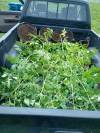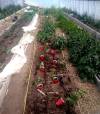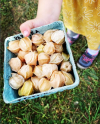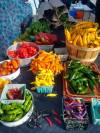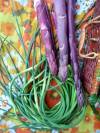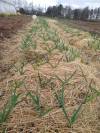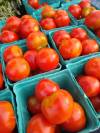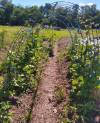Projects
Miller Farm is dedicated to good stewardship of the land and its resources. As a volunteer, you’ll learn about sustainable agricultural methods—balancing protection of the environment with increased crop yields and economic benefits.
Specifically, Miller Farm practices permaculture, development of an agricultural system that is as self-sufficient as possible. Food production is holistically integrated with the surrounding ecosystem, benefitting from and contributing to the landscape’s diversity, resilience and sustainability.
A number of projects have been introduced at the Farm to help meet its goals, and new methods to improve the land and crops are always sought.
Garden crops
Known for growing numerous varieties of non-native vegetables, fruits and herbs, Miller Farm is sure to expand your knowledge of produce. With program development in recent years, most plants are now germinated in Hill Memorial Greenhouse, then transplanted to the plots or high tunnel on the Farm.
Types of plantings are determined by the season. And there’s something for everyone’s taste! Tomatoes, cucumbers, okra, kale, collard greens, basil, parsley, cilantro, oregano, lavender, strawberries, pole beans, cucamelons, spinach, lettuce, chard, endive, leeks, onions and more than 20 varieties of peppers are grown regularly. Potatoes, fava beans, peas and artichokes have also appeared in Miller Farm harvests.
Food forest
You’ll discover another dimension of sustainable farming in Miller Farm’s food forest—a low-maintenance plot of edible plants patterned after woodland ecosystems. Assorted berry plants, currants, and apple and Manchurian apricot trees are complemented by wild garlic, shagbark hickory nuts and white oak acorns for flour.
Prairie ecology

Reflecting the Farm’s mission to nurture existing ecosystems, a stand of natural prairie features native grasses and flowers. Among them are resources for both pollinators and humans, such as echinacea, or purple coneflower, with anti-inflammatory properties.
New twists on compost
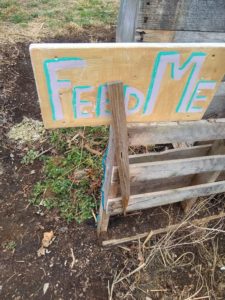
Composting is key and is now being enhanced by vermiculture, the use of worms to turn organic waste into rich castings. Worm bins are kept in the Greenhouse and at Miller Farm. The castings enrich soil in Greenhouse planters and when seedlings are transplanted to the Farm.
Combined with other organic compost matter, castings are also used to “brew” compost tea, which enhances soil bacteria and fungi. Compost tea is used to help germinate seeds, to water plants and as foliar feed on the Farm.
Student farmhands help to keep the worms fed with eggshells and produce that does not sell and to harvest the castings. They have also analyzed compost tea to determine bacterial counts and optimize the quality.
Farm fowl
Gifted to the Farm in spring 2022, several chickens are the newest residents. Their donated coop uses solar power, which opens and closes the door at set times. A new fenced area will allow the chickens to wander among the compost piles, helping break them down more efficiently.
The chickens join the Farm’s resident guinea fowl, which excel at killing insects and pests without digging up soil. You may even find these friendly birds have become your new companions!
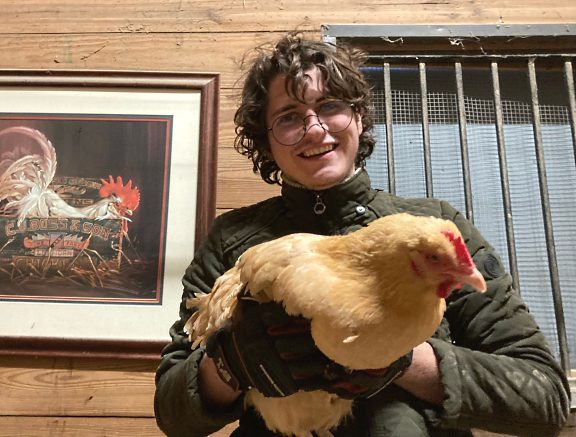
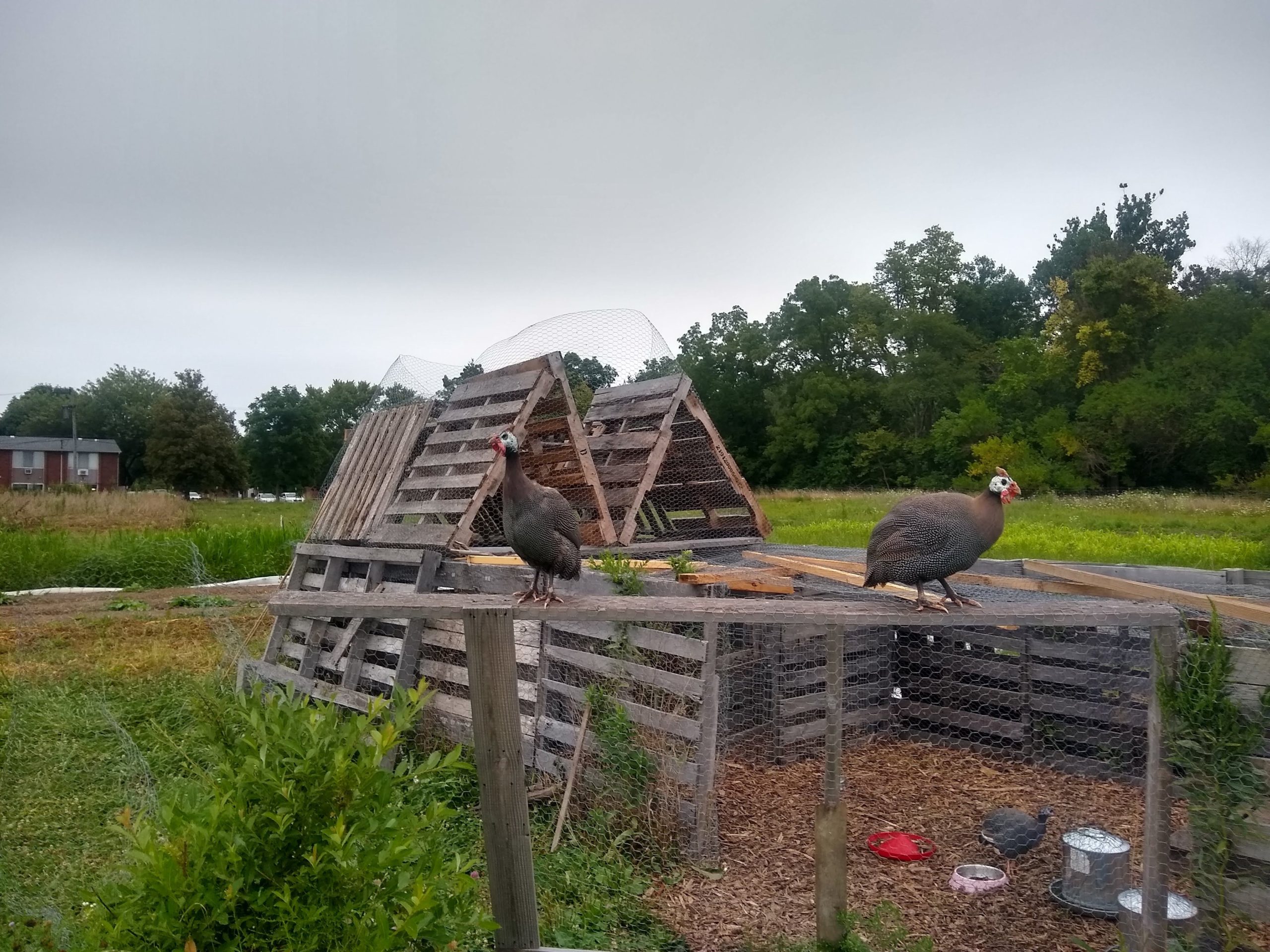
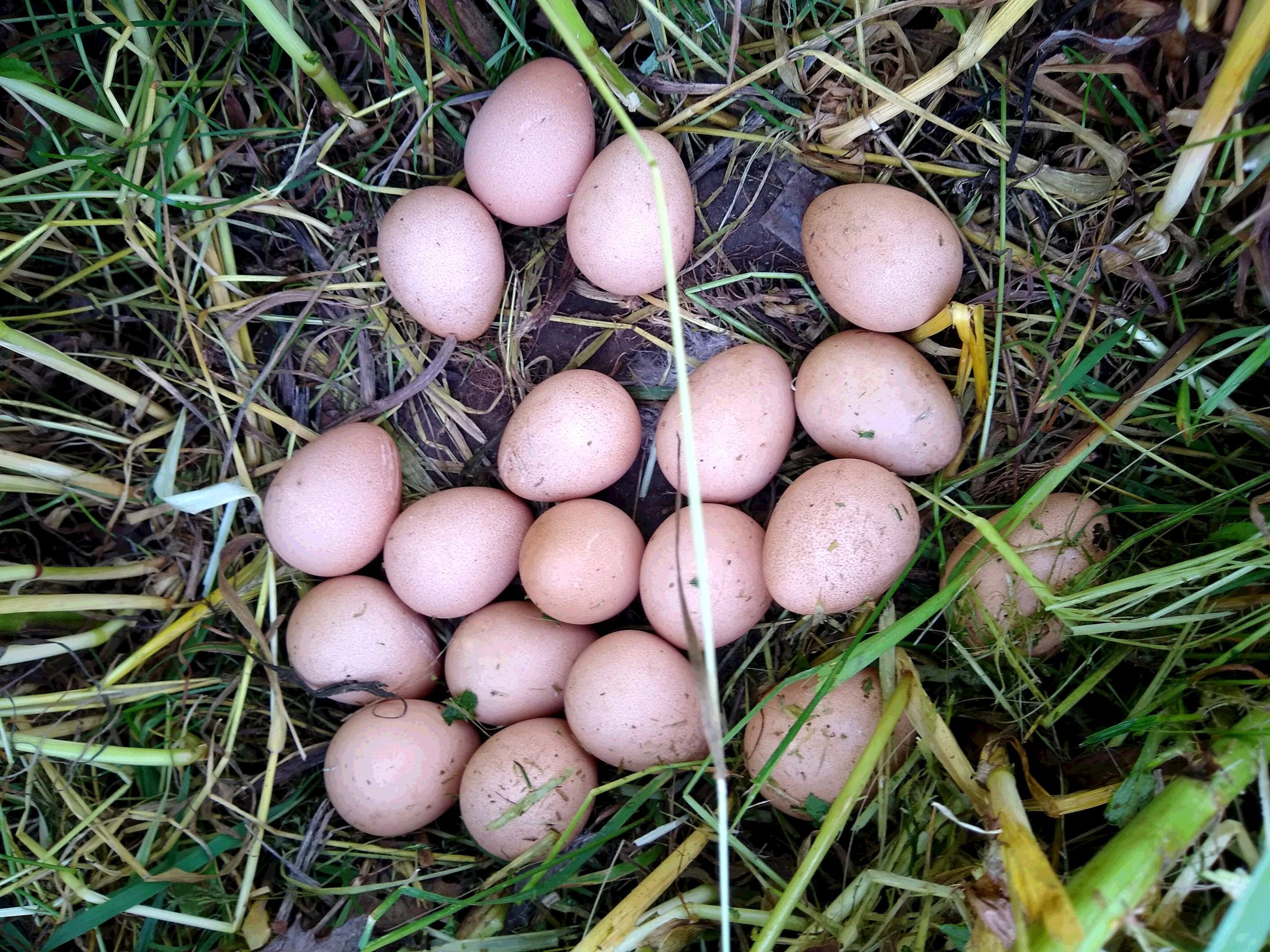
For more information about Miller Farm

Lucy Enge
Miller Farm manager
Contact Lucy













